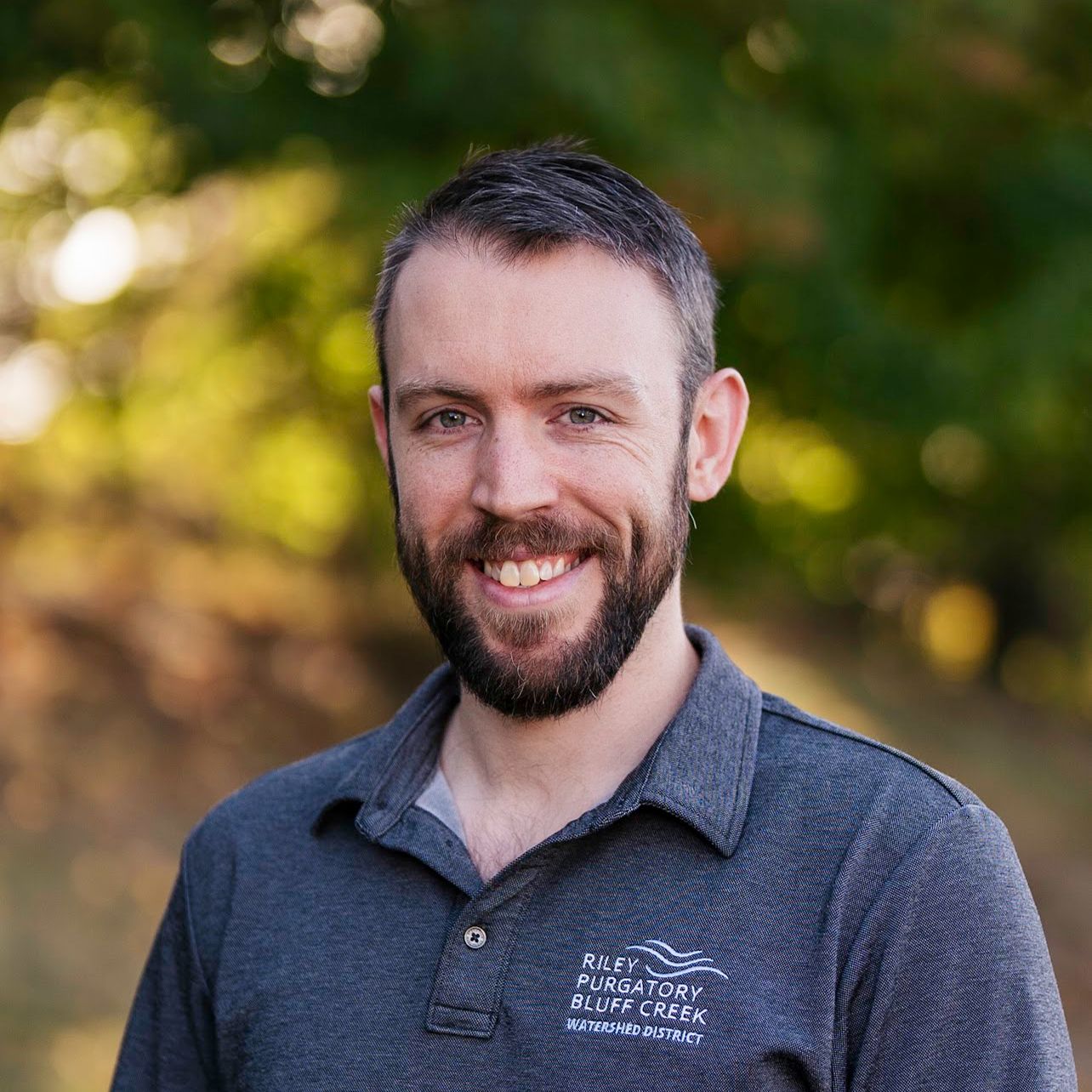Zach Dickhausen
Natural Resources Coordinator
Zach Dickhausen joined the District in 2016 as a water resources technicianand now runs the day-to-day of the wetland monitoring program. This includes updating the District's wetland catalogue, carrying out various function and ecosystem services assessments such as the Minnesota Routine Assessment Method and Floristic Quality Assessments, updating wetland function/classification ratings, maintaining and updating the District's wetland geodatabase, and assisting the District Administrator in the continual development of the District's wetland assessment and restoration program. He is also in charge of District work pertaining to the Wetland Conservation Act (WCA). This includes acting as the District's WCA authority within Shorewood and Deephaven, acting as a member of WCA Technical Evaluation Panels for our cities who are the WCA authority, and carrying out wetland delineations and assessment pertaining to District projects. Prior to joining the District as staff, he volunteered with the District's data collection program while finishing up a degree in wildlife biology at the University of Minnesota.
Zach's favorite part of his job is being able to get out into the field and explore the natural areas within the District. The amount of natural space within this rather urban/suburban area took him by surprise when he first started here, and it continues to be a reminder of why he love this work and our resources. In his free time, he enjoys many outdoor activities including camping, hiking, running, canoeing, climbing, fishing, birding, skiing, and exploring natural areas. He also enjoys traveling and spending time with his family, woodworking, playing music, board and videogames, Muay Thai, and cooking.
Zach's favorite spot in the District:
There are a couple floating bogs wetlands just northeast of Lake Riley, each under 10 acres, with some very cool plant communities that are not very common within the bounds of the District. These wetlands, contain sphagnum moss and a variety of specialized plants more suited for acidic conditions such as large cranberry and buckbean. I was so excited to stumble upon these while out in the field and loved carrying out assessments on them.
